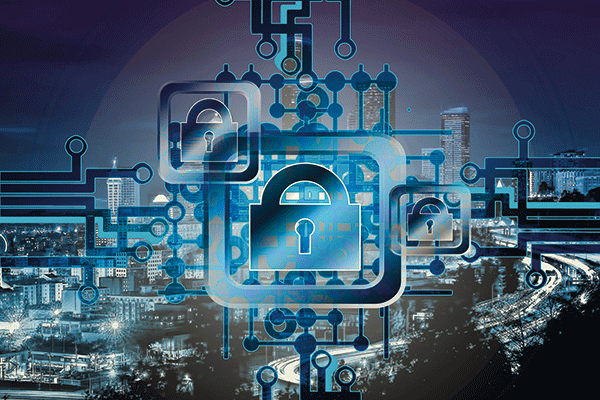

South Africa is currently in the process of developing smart cities, one in Gauteng and one in the Eastern Cape. More will surely follow as this is the future of living, where technology and connectivity are deeply ingrained in the processes of daily life.
From service delivery and public access to universal Wi-Fi, to home automation and smart sensors for city parking, technology will play a central role in smart cities. However, with this comes a need for increased IT security.
Smart cities already exist in Asia, Europe and America. Shanghai is noted as the premier smart city at the moment, followed by Seoul, Barcelona, Beijing and New York. These cities have committed to digitalised transport, infrastructure, energy, waste management and urban development.
This is already transforming the standard of living, but revolutionary cybersecurity is needed to protect these digital systems from all sorts of threats. This will also be the case in South Africa. The government will look to partner with credible IT service providers that can offer future-forward IT security solutions and digital services for smart cities.
IT security risks with smart cities
A recent report has speculated that the interconnected systems required by smart cities could result in a “cascading failure across key city systems” if they are hacked or breached by cybercriminals. This could be extremely expensive and disruptive to the entire city, so IT security systems will need to be highly advanced and ‘always on’.
The report also found that many existing smart cities need to prioritise cybersecurity measures; if not, they are exposing themselves to cyberattacks that could cripple healthcare services, cause traffic accidents and halt the local economy. The risks are always present but become far more possible with the lack of IT security improvement and implementation.
Ransomware is probably the main threat to smart cities; holding key systems to ransom in return for massive sums of money will be a large motivating factor for cybercriminals. However, if IT security is placed at the forefront of city planning, then these risks are greatly reduced and can even be completely prevented.
IT security professionals should partner with third-party providers to ensure that all areas of cybersecurity are accounted for in smart cities. Having additional sets of eyes will always yield better results when it comes to these systems.

Smart city investment on two fronts
As a result, the development of smart cities in South Africa will require investment on two fronts. One would be channelling funds into the interconnected digital systems and actual infrastructure of the city; the other would be into IT security and the granular-level IT architecture, or the backend of the smart city.
Government IT departments are generally very capable and up to date with the latest in security systems. By collaborating with managed service providers, governments and smart city leaders will ensure a well-rounded service for residents and businesses.
Now is the time to ingrain cybersecurity into the fabric of city living for the future. By recognising the risks and possible points of failure, city planners and leaders can prevent cyber threats before they become a reality.

© Technews Publishing (Pty) Ltd. | All Rights Reserved.